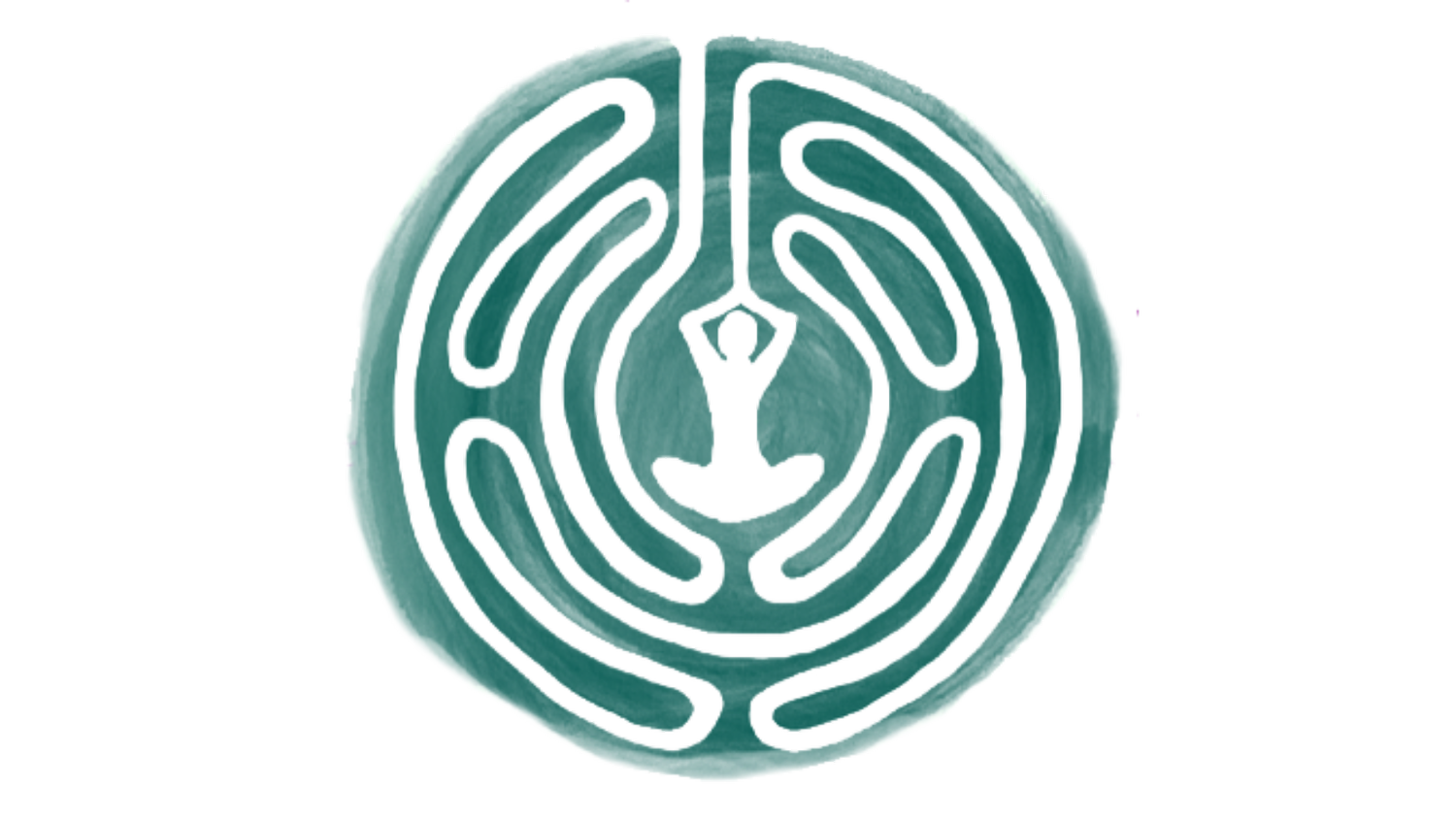Is Pranayama Compatible with Christianity?
Contributed by Bernadette L.
PRANAYAMA – “REGULATING, MASTERING, OR CONTROLLING THE LIFE FORCE”
Pranayama is the fourth limb of Patanjali’s eight limbed path. “Prana” is a Sanskrit word meaning vital energy, life energy, or life force. It is the energy that exists in all things at all levels of the universe. “Ayama” means to master, regulate, control or prolong. Thus, pranayama means to regulate the life force. This life force is regulated through specific breathing practices, which is why some people have confused prana with breath. Prana, however, is more than breath.
There is prana (life energy) throughout the body but it is our breath (its rate, depth, and quality) that determines how and where this energy flows. When we breathe, our cells convert the oxygen we inhale to energy. But depending on how we breathe, our oxygen intake may be restricted, which in turn affects the energy level in the body. Many of us are familiar with the numerous studies correlating the importance of breath to reducing stress, improving organ function, and soothing the central nervous system. In the yogic understanding of prana, if we can breathe mindfully we can develop awareness of the currents of energy (prana) in our bodies. Once we have this awareness, then we can learn to move this energy throughout the body with many physical and emotional benefits. To that end, a variety of breathing practices were developed by the yoga masters.
A CHRISTIAN PERSPECTIVE
To master our breath is to be in control of our bodies and minds because breath is the bridge from our body to our mind. There is a system of nerves which provides a direct connection between the brain and the heart. These nerves, called the sympathetic nervous system, stimulate receptors in the heart that make it beat faster or slower. Breathing techniques decrease sympathetic nervous system stimulation and thus produce a calming effect on the mind and the body. Because breath is aligned to both, it is the tool which can bring them together in peace and calm.
The concept of prana closely resembles the Hebrew ruach (the breath of God), the Greek pneuma, and the Latin spiritus, representing a combination of breath and spirit, such as the breath breathed by God into Adam. It is the animating, enlivening life energy created by God in all things. This however, as a created reality, is not the Holy Spirit, who is sometimes metaphorically imaged as the “breath of God” but who is not contained by or limited to prana. Nevertheless, the natural association of breath with our life force can remind us of God’s life-giving spirit/breath as well as symbolize for us the indwelling divine Holy Spirit.
